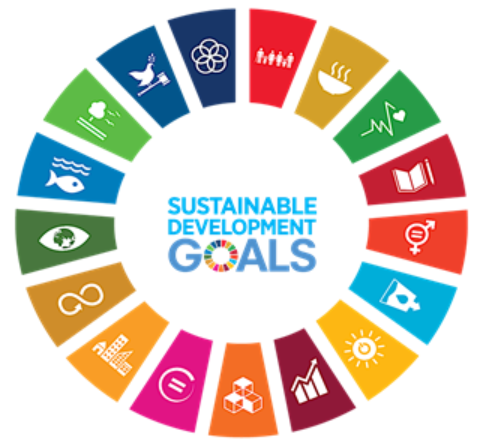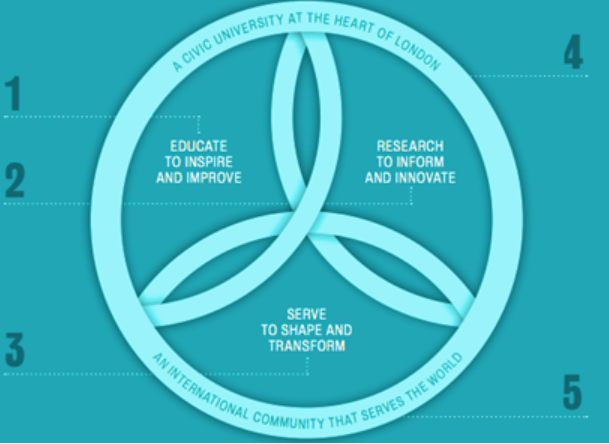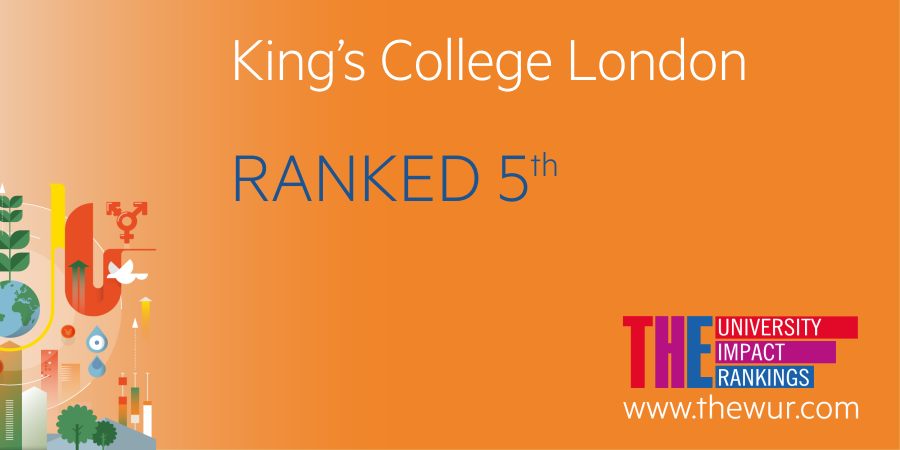This guest blog comes courtesy of Isabella Trujillo-Cortes, 3rd year Biomedical Engineering student at King’s who participated in the three-week micro-internship opportunity (organised by King’s Careers) with the King’s Sustainability Team in April 2019. This blog comes first in a series of three blog posts from Isabella.
Introduction
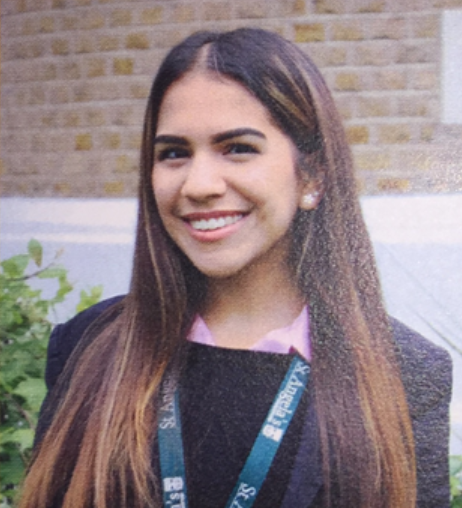 My name is Isabella Trujillo-Cortes and I am a 2nd Year Biomedical Engineering student at King’s. I have just completed the Careers+ Global Internship programme where I undertook a 4-week internship in Hong Kong this July 2019.
My name is Isabella Trujillo-Cortes and I am a 2nd Year Biomedical Engineering student at King’s. I have just completed the Careers+ Global Internship programme where I undertook a 4-week internship in Hong Kong this July 2019.
The Careers+ programme is aimed towards UK undergraduate King’s students from under-represented groups.
I am of Colombian heritage and I was raised in Newham, London. Despite growing up in a low-participation borough and attending a state school where high grades were not common, I have utilized the support from widening participation schemes to excel in school and college. My up-bringing in London has exposed me to many cultures which motivated me to apply to the Global Internship Programme. As a proud Latina, I am motivated to share my traditions with those of other backgrounds and cultures. The global internship will give me the opportunity to do so.
Aside from the internship, the programme provided one-to-one support and specially designed workshops to support us in achieving life-long success.
To prepare ahead of the global internship and to familiarise myself with the work environment of a professional office, I was also given the opportunity to complete a micro-internship with the Sustainability Department at King’s.
Having recently taken a module titled ‘Professional Issues in Biomedical Engineering’ I was introduced to the United Nations Sustainable Development Goals (SDGs). The module enhanced my knowledge of the issues concerning our environment; however, I was not fully aware of the goals regarding social and economic aspects.
In addition, I am currently a Social Mobility & Student Success ambassador at King’s. In this role, I have been exposed to one of the many areas of service and sustainability which the university focuses on. I appreciate how the university supports and encourages prospective students from disadvantaged backgrounds through widening participation.
In completing my project with the Sustainability department, I saw how the
SDGs, as well as how global challenges (both environmental and social) are being addressed across the university.
I have also been introduced to the King’s Strategic Vision 2029 – a vision which sets out the aspirations of King’s to make the world a better place. King’s hopes to do this by amplifying Service as core to the public purpose of King’s and to facilitate participation of staff and students. The university are aiming to generate innovate ideas to impact society and work together to deliver these. The Service activity will be evaluated and measured in order to constantly improve strategies.
The internship raised my awareness of the student societies at King’s which tackle global challenges and promote sustainability. For example, the Enactus society (present at King’s, but also many universities world-wide) which implement community impact projects in order to enable sustainable human progress.
In addition, I have become more familiar with the practices and policies across the university to tackle environmental problems. For example, the methods used to recycle laboratory waste, save energy and water, and minimise food waste. The Sustainability Champions programme play a vital part in encouraging others to follow sustainable policies, initiative sustainable behaviour change and work together to reduce the negative and maximise the positive social and environmental impacts.
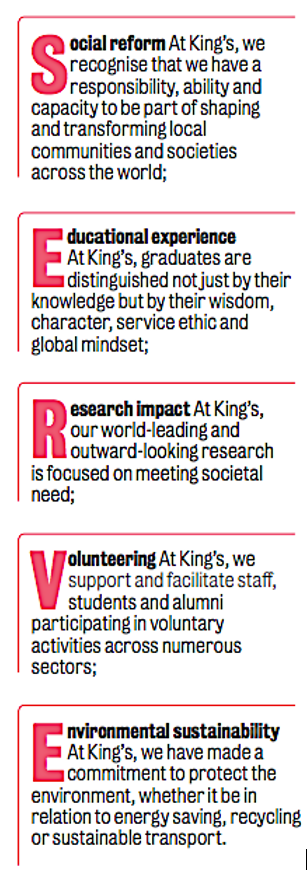 Furthermore, during my time in the placement, I was fortunate enough to have attended a Service Oversight Group meeting. I was informed about the wider service agenda and updates on progress and achievements. I was also introduced to a student-led project – the ESSA Project. Students delivered an audit report on the social responsibility at King’s which further informed me of the social responsibility practices in the university.
Furthermore, during my time in the placement, I was fortunate enough to have attended a Service Oversight Group meeting. I was informed about the wider service agenda and updates on progress and achievements. I was also introduced to a student-led project – the ESSA Project. Students delivered an audit report on the social responsibility at King’s which further informed me of the social responsibility practices in the university.
The social responsibility report stated that there was not sufficient communication to students about projects and volunteering opportunities. I find it interesting that this was the main area of improvement as, being a student myself, prior to completing this placement I was not aware of the many on-going projects around the university regarding Sustainability and Service. I agree that this area needs improvement in order to facilitate participation of students, and hence, progress in the Strategic Vision 2029. A training programme titled Supporting Service Leaders at King’s was also promoted in order to encourage staff to focus on Service in leadership. Such strategies such as these could further increase the participation of staff – both those working in Service as well as in other departments.
The service team also mentioned the idea of implementing compulsory modules in sustainability and service across all departments. As I completed a similar module in my course, which I found very engaging, I believe this idea is very likely to encourage other students to contribute in service.
After this internship I am looking to improve the statistics in student engagement by participating in areas of service throughout the university. I hope to join a student society where I can volunteer in social action projects to make an impact to our society and environment. I also look forward to encouraging staff in my department to become Sustainability Champions.
Kings are ranked 5th in the global THE University Impact Rankings and it is our responsibility to maintain this spot or potentially move up. I hope to contribute by playing my part in achieving the Sustainability Goals. Having completed this internship, I am now encouraged more than ever, to make a difference both on a local and global scale.
Lastly, by working in a professional office, I have enhanced my project management, communication, research and analytical skills. I hope to take these skills forward and apply them to my university studies and at my internship in Hong Kong.
Part 2 to be published tomorrow, 16.1.20

